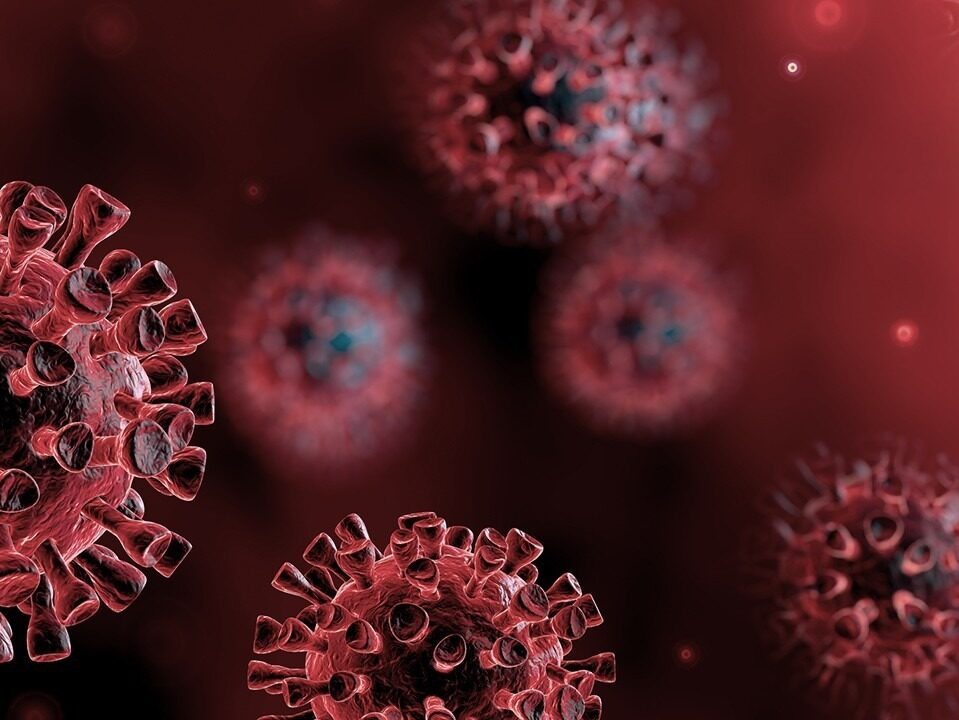Covid-19 is not just a health crisis, it’s also a crisis of inequality and BAME people are suffering the most according to a survey of residents in Croydon North. The constituency is in the top 1% most ethnically diverse in the country, and also one of the poorest.
I surveyed 114 people in my constituency to understand better how the virus has affected people based on their ethnic background. The findings have been presented to Baroness Doreen Lawrence’s inquiry into the disproportionate impact of Covid-19 on black and minority ethnic (BAME) communities.
The findings were striking. BAME respondents reported higher levels of mental distress, were more likely to be living in overcrowded housing, and were less comfortable speaking with their employers than their white counterparts.
Respondents from all ethnicities expressed similar concerns about the effect of the virus. In an area with high levels of deprivation, poverty is an experience that links many of the different ethnic communities living here. The report implies that the disproportionate impact of Covid-19 on BAME communities has strong links to the disproportionate levels of poverty these communities live with. Covid-19 has been incredibly hard for everyone, but it has disproportionately affected those from lower socio-economic backgrounds which includes many black and minority ethnic communities.
There were staggeringly high levels of dissatisfaction with the Government’s handling of the pandemic, including widespread confusion about how to access tests and heart-breaking accounts of people not being able to say goodbye to their loved ones.
The virus has had a devastating impact on people’s mental well-being, income, and personal lives. It has made pre-existing issues worse while bringing about new challenges. It has brought the structural inequalities that exist in our society into sharp relief.
We needed a Government with a clear strategy to lead us through this crisis. But that leadership was lacking. The disproportionate impact of Covid-19 on BAME communities is because of the structural inequalities that BAME communities face. This inequality predates Covid-19, and if we are serious about building back better after this traumatic national experience then eliminating the deep-rooted inequality in our society must be a priority.





